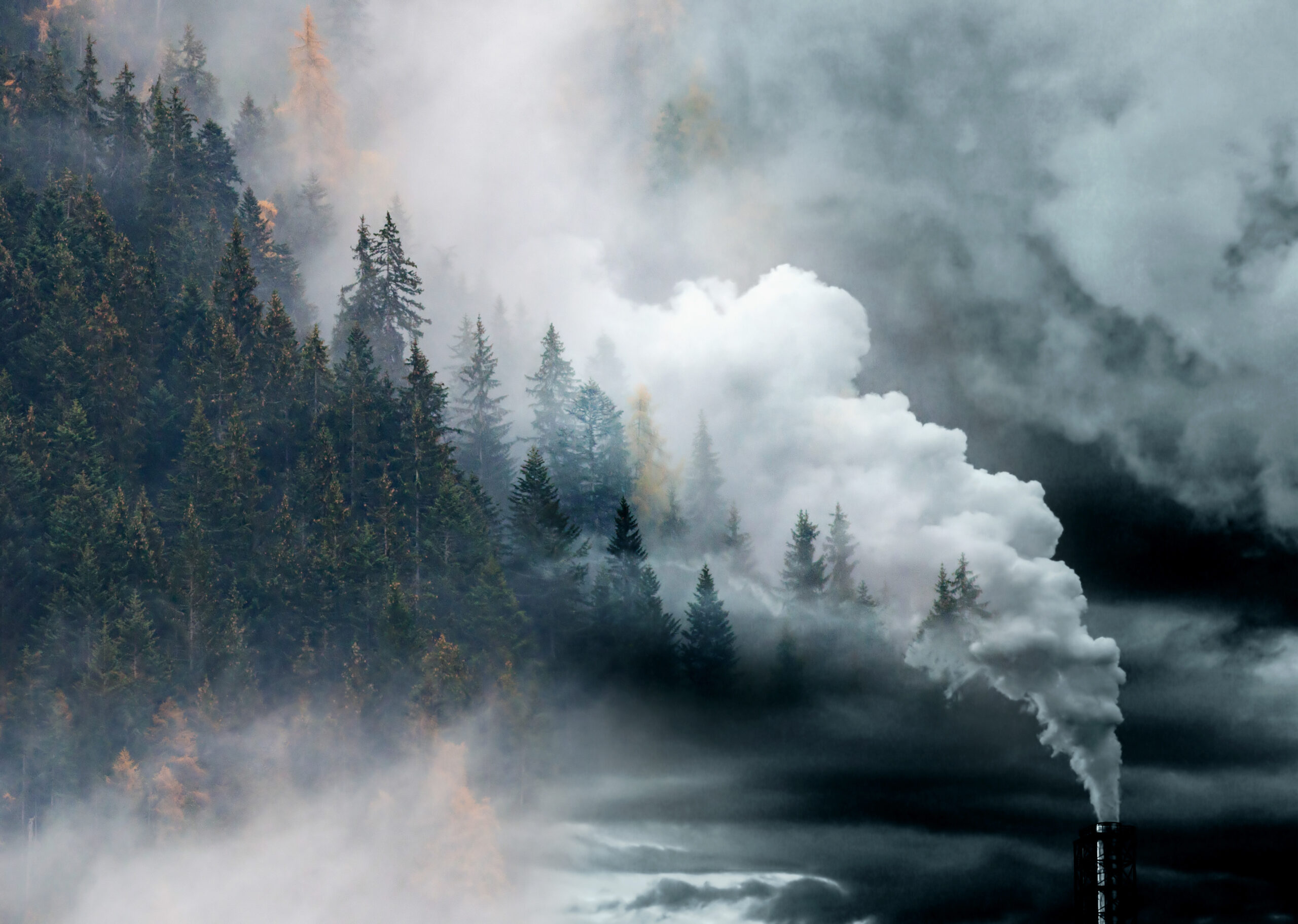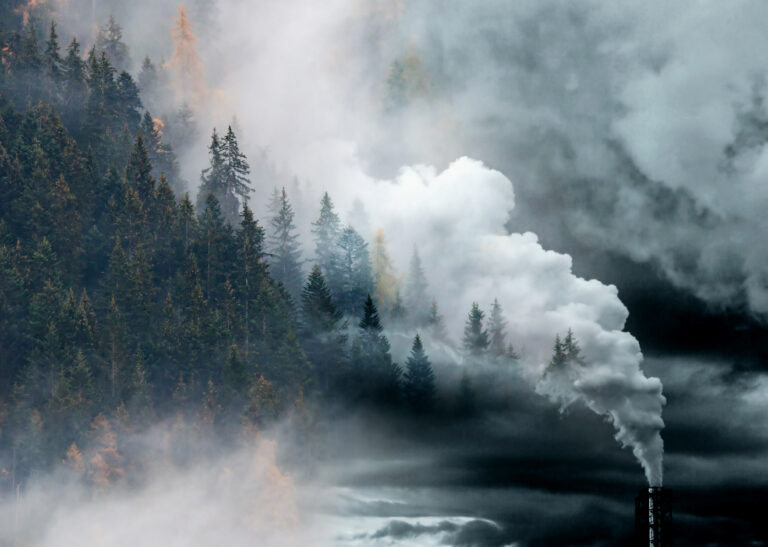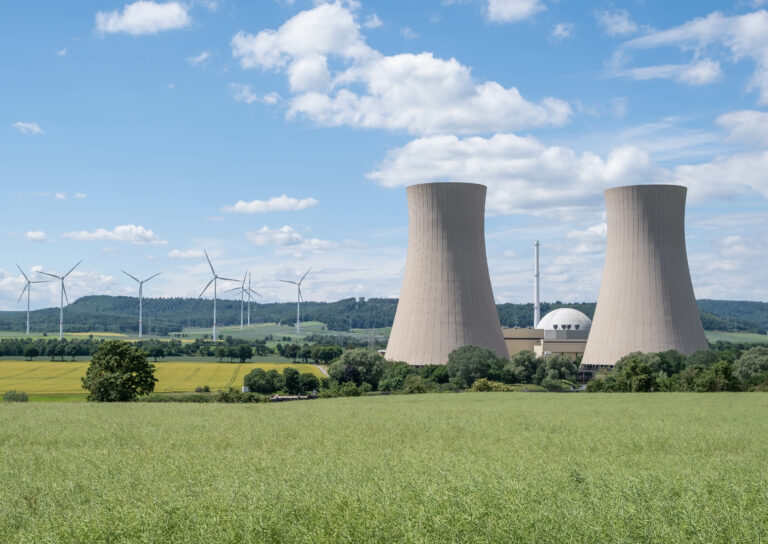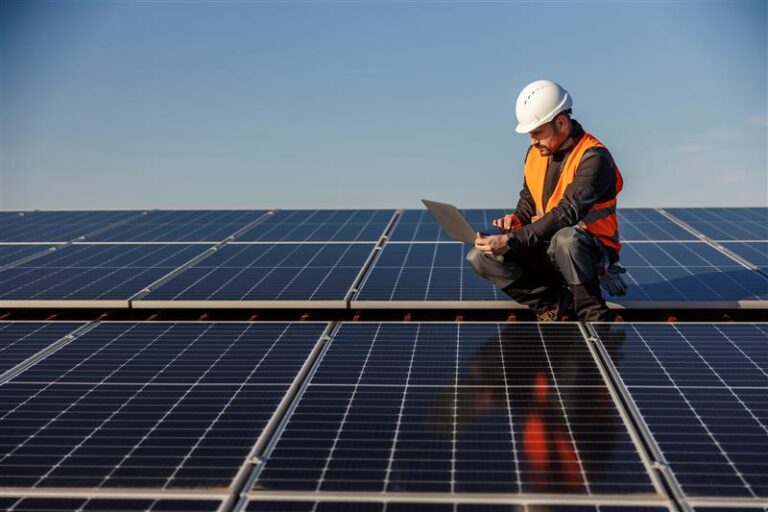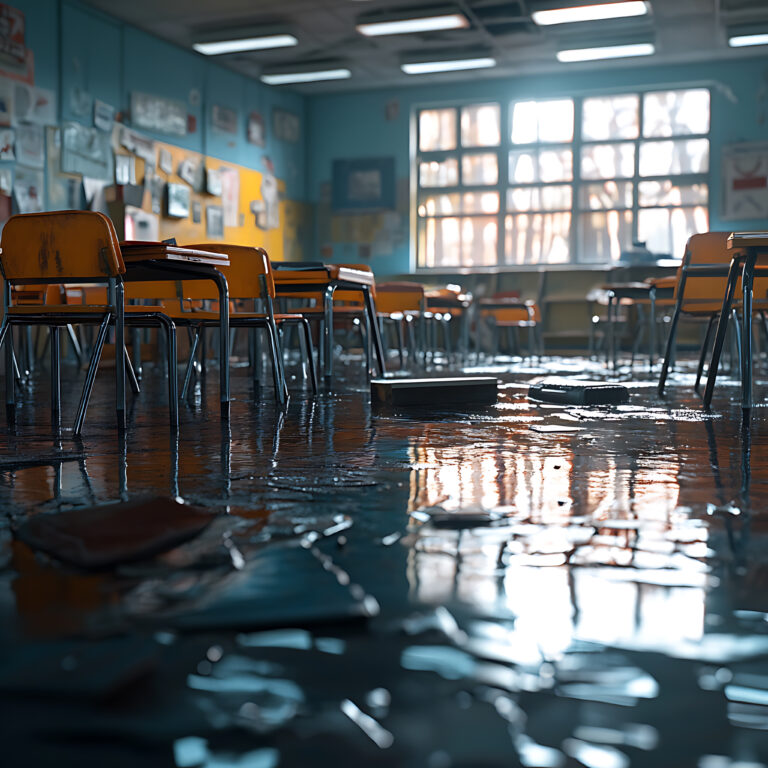Director of Net Zero Nick Drake on why our future will look nothing like our past – and why every action still matters.
As global temperatures continue to rise and record-breaking weather events dominate the headlines, the urgency of the climate crisis feels both overwhelming and abstract. What does a few degrees of warming really mean for our lives? And how do we act now for a future that feels so uncertain?
We sat down with Nick Drake, Director of Net Zero, to talk about the accelerating pace of change, why small numbers have such big consequences, and what kind of world we’re already committed to.
1. What does the future look like in terms of climate change and increasing emissions?
The future feels different for everyone. For some, it’s about setting up a home, starting a family, or planning for retirement. For others, it’s just getting through the working week or the next year. But when we talk about climate change, that vagueness becomes a real challenge. The only time that truly exists is now – and yet, the changes we need to make are about protecting a future we can’t clearly picture. That tension makes action incredibly difficult.
2. What is happening with the temperature changes and what is the impact that this change is having?
The other great difficulty in trying to enable action is the perceived insignificance of temperature changes being proposed, you may think that two degrees of temperature rise sounds like nothing, if today is 16 degrees and tomorrow is 18 degrees, so what, why should I then have to make big changes to my life because of such a small change?
These are the two greatest barriers in the face of the impending and looming climate crisis that is unfolding in front of us. You will have seen (and will increasingly experience) episodes of significant change. Images of wildfires, floods and droughts. houses being washed away, hillsides and communities smothered in smoke and flames and people battling droughts lasting years.
3. The UK often feels distant from the extremes of climate change. Are we really being affected?
It’s true that much of these extreme climate events are experienced in countries far away from us, But even the UK, which finds itself in an incredibly stable geographical climate, is experiencing significant change. We have just lived through the warmest summer on record, one of the driest years on record and the strongest October storm on record.
The World Meteorological Organization’s latest report shows emissions are still climbing – and the pace of that increase is accelerating. This isn’t a distant problem anymore. It’s here, and it’s happening faster than expected.
4. What does this mean on a global scale?
It means profound change. The UN expects that between 200 and 300 million people will have to move as their homes become uninhabitable. Once temperatures pass 60 degrees, the human body can’t cool itself, death becomes almost certain. We’re already seeing temperatures of 58 degrees in parts of the Middle East and India. Species are migrating northward, bringing diseases to new regions. What were once “once-in-a-millennium” events are now happening every decade, or even more often.
Where we work, how we travel, where we live, what we eat, and where we holiday will be drastically affected by our changing climate, and yet we in the UK are the fortunate ones who will not experience the worst of what is coming.
5. That sounds bleak. If we can’t undo the damage, what’s left to do?
We have to be honest: the world has already changed. Our summers will be hotter and drier, our winters wetter, and storms more intense. Regions that have never flooded will flood. Homes built for mild climates will overheat.
We are already committed to a very different world which will affect everyone on the planet today, and for tens of thousands of years of years in the future. We therefore must make every effort to reduce our emissions, because every single tonne of CO2 in the atmosphere commits us to even more change.
But this isn’t a reason for despair, it’s a reason for focus. Every tonne of CO₂ we prevent makes a difference. We can’t stop all of it, but we can slow it down. What matters now is preparing, adapting, and cutting emissions as deeply and as quickly as we can. The world ahead will be different. How different is still up to us.
